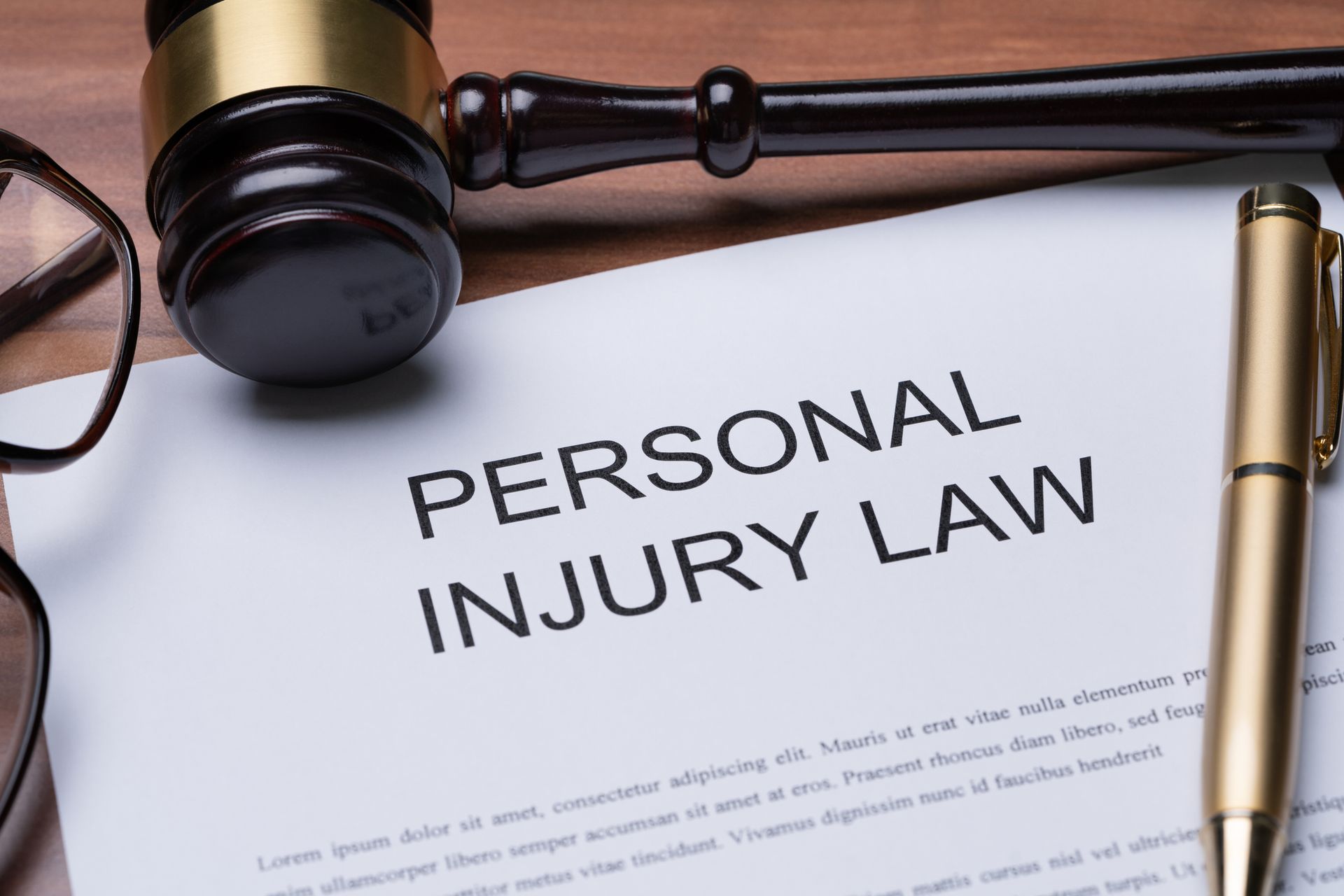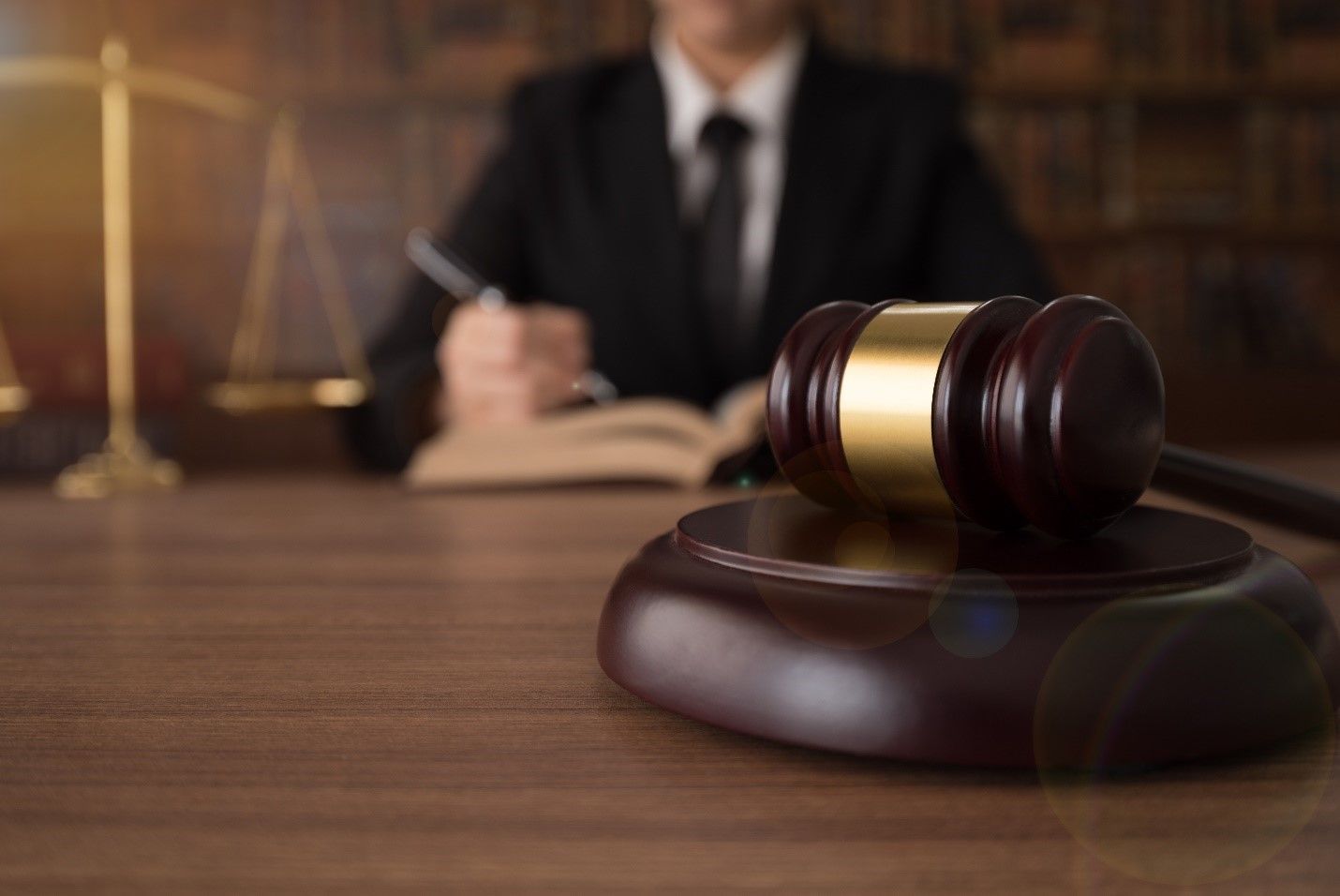Request Copies of Your Medical Documents
Following an injury, you need to get immediate medical care. Your most important documentation at this point is going to be your medical documents. If you don't get medical care immediately, it can be seen as failing to mitigate the damage to your health. It could also be questioned whether you actually were injured at work or if you got injured later.
Either way, your medical documents will show that you were injured, when you were injured and how bad that injury was.
Get Witness Statements from Anyone Involved
Gather written statements from other individuals regarding the incident. This is especially important if the incident was something complicated, such as if a customer attacked you at work, or if you had an accident with machinery. The law doesn’t require you to submit these statements to your employer; they are purely for you in the event that issues come up later regarding how the incident occurred and why.
Take Pictures of Any Injuries and the Site of the Injury
You don't need to take photos of your injuries, but it's still a good idea to do so quickly after the incident. This is a good way to establish not only exactly when the accident occurred but also how bad the injury is. In many claims, it isn't the injury itself that is disputed, but rather whether or not the injury was truly bad enough to merit the claim.
Photo evidence is often one of the best types of evidence to show that injury was substantial. You do not need to submit these photos with the initial claim — like the witness statements, the photos can serve as evidence in the event that your claim is denied.
Do Not Submit Documentation Before a Review
A lawyer should always review your documentation before you file it — and you do need to file it quickly, as there are limits on when you can file for workers’ compensation. In some states it's a matter of days. Your lawyer will be able to go over your documentation to determine whether there are things that need to be added or things that need to be clarified. If you can’t produce the right documentation, you may be denied for workers’ compensation or the process may last a lot longer.
Keep Information Regarding Notified Parties
Often you will need to notify multiple parties regarding your injury, including both your employer and your union, if you have one. You should also keep thorough notes regarding when you notified each party of your injury and who you spoke to specifically. This may be necessary later on in the process.
Documentation matters. Not only is it going to establish that you were injured at work, but also the severity of the injury — and whether you can be considered liable or not. Much of the evidence that you need to collect won’t be submitted with your initial workers’ compensation claim but instead is going to be used as evidence in the event that your claim is denied or that your injuries are questioned. If you aren't clear regarding what information you need for a workers’ compensation claim, consult with The Law Offices of James B. Gillespie, Jr., PLLC
, today.






